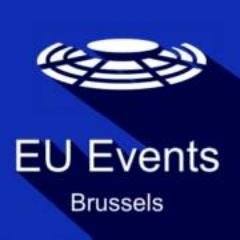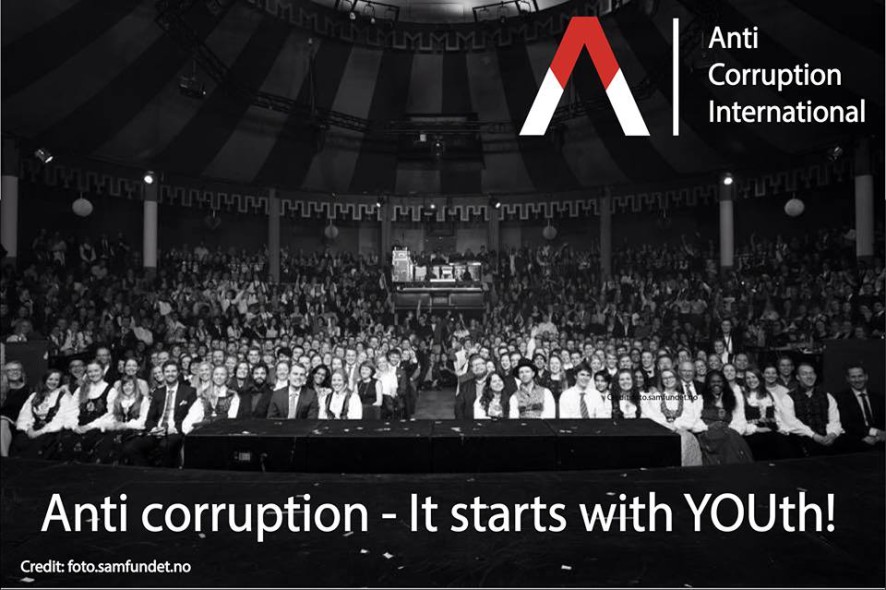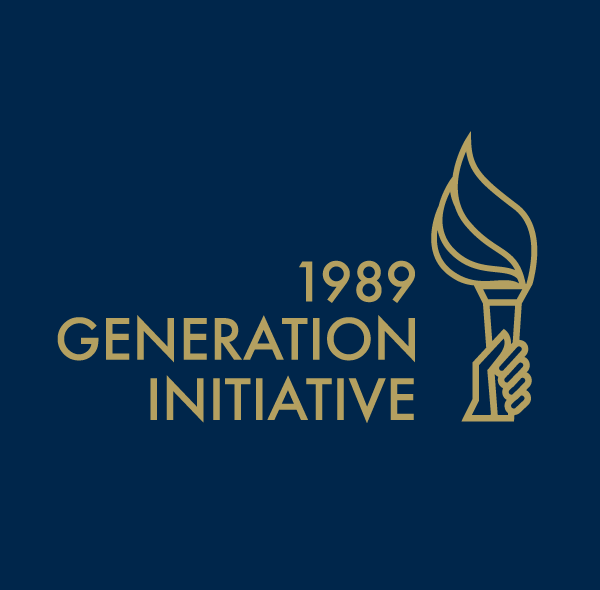Our mission: Inform you on EU events in Brussels and let Brussels know about your EU event!
EU-Events is the only web portal gathering all EU-related events in Brussels, organised by the European Institutions, regional and national representations, universities, think-tanks, political parties, lobbies and NGOs.
Brussels welcomes students, trainees, job-seekers and professionals interested in European Affairs. This makes the European capital a unique place for networking. To fully enjoy all the benefits of this international environment, we help you to find out upcoming events, attend them and expand your network … and it’s all 100% free!
How we do it
In the simplest way: an intuitive website and a non-stop action on the main social media. You can also subscribe the newsletter from our homepage and write to us at any time at info@eu-events.eu.
Besides, we can count on a developed network of event organisers and media partners across the continent and beyond to organise and spread the word on all most relevant EU Events affairs taking place in Brussels.
Our principles
Neutrality: we apply no selection or filtering to any of the events and information gathered, being them of any and every political organisation or association, etc.
Completeness: we strive for ensuring the widest range of events relevant to our mission.
Timeliness: we apply our best efforts to upload and promote the events with a reasonable advance. This is to allow you all, from Brussels or abroad, to make arrangements and attend the events.
IMPact PROJECT
Although in the EU there are 7.3 million people working in Personal and Household Services (PHS), the current societal evolutions such as changes in family structures, population ageing and a decrease in family carers mean that PHS are increasingly essential. PHS improve the quality of life of elderly and dependent people and enable workers (mainly women) to balance their professional and personal lives. This is why Personal and Household Services should be a political priority from an economic and societal point of view. Nevertheless, public authorities face several problems and challenges when trying to address PHS-related issues.
The EU project Improving Measurement of Public Support to Personal and Household Services (IMPact) was launched in 2014 with the ambitious goal of creating a common and comprehensive EU Guide to help Member States to improve assessment and monitoring of the macro-economic effects of their PHS-supporting measures. As such, the project addressed the following issues on an ex-ante and ex-post basis: job creation, transfer from the shadow economy to the formal economy, net job creation, sustainability/optimal level of public investment and return on investments, which were highlighted in 2012 by the European Commission as the main pitfalls of any monitoring of policies that target PHS sectors.
The long-term objective of the project is to help public authorities to shape the policies that best fit their needs and objectives. The project was based upon a wide consortium of partners coordinated by the European Federation for Services to Individuals (EFSI). The other partners are: Censis (Italy), IDEA Consult (Belgium), Oxford Research (Sweden), Research Institute for Labour and Social Affairs (RILSA, Czech Republic), Panteia B.V. (The Netherlands), Pour la solidarité (EU-based organisation) and Uniòn de Profesionales y Trabajadores Autònomos (UPTA, Spain).
THE PROGRESS PROGRAMME
It is co-funded by the European Commission through its PROGRESS Programme, which ran from 2007 to 2013 to support projects focused on social protection and inclusion, employment, working conditions and gender equality and that was merged in 2014 with similar programmes to set up the new EaSI Programme (2014-2020).
IMPact FINAL CONFERENCE
On 13 April 2016, the European Conference “Policies for PHS, an agenda for IMPact” showed the outcomes of the IMPact project, notably by presenting its final document “PHS Policies – Implementation and Monitoring Guide”. During the conference, project partners will illustrate the different aspects of the Guide and, through constant interlocution with participants, how it can help public authorities in solving problems they encounter when designing, implementing and monitoring PHS policies.
The conference, organised in partnership with the European Economic and Social Committee (EESC), will take place from 11 am to 4 pm at EESC’s premises in Brussels.








